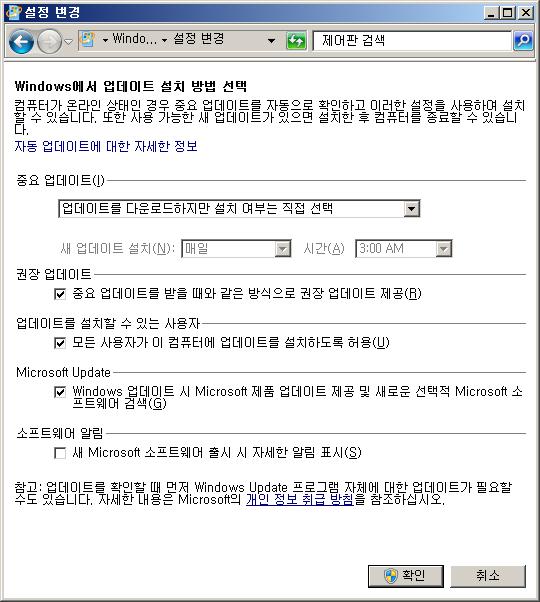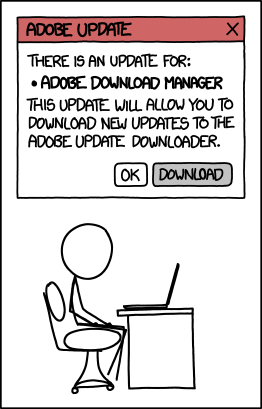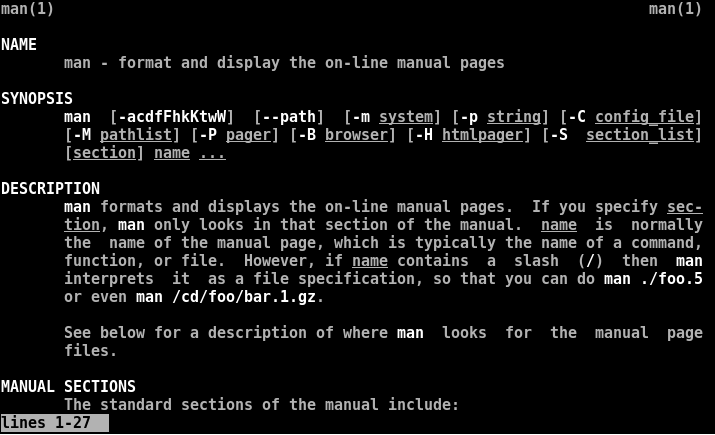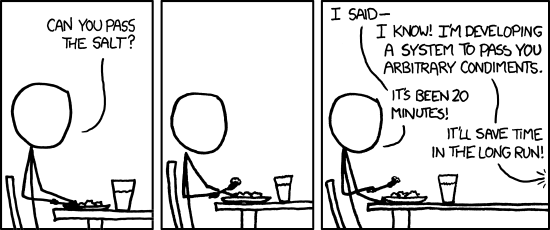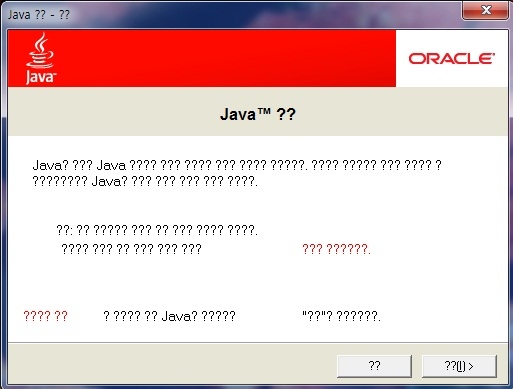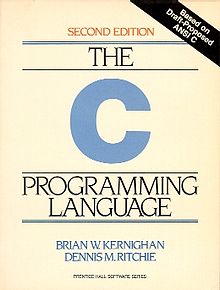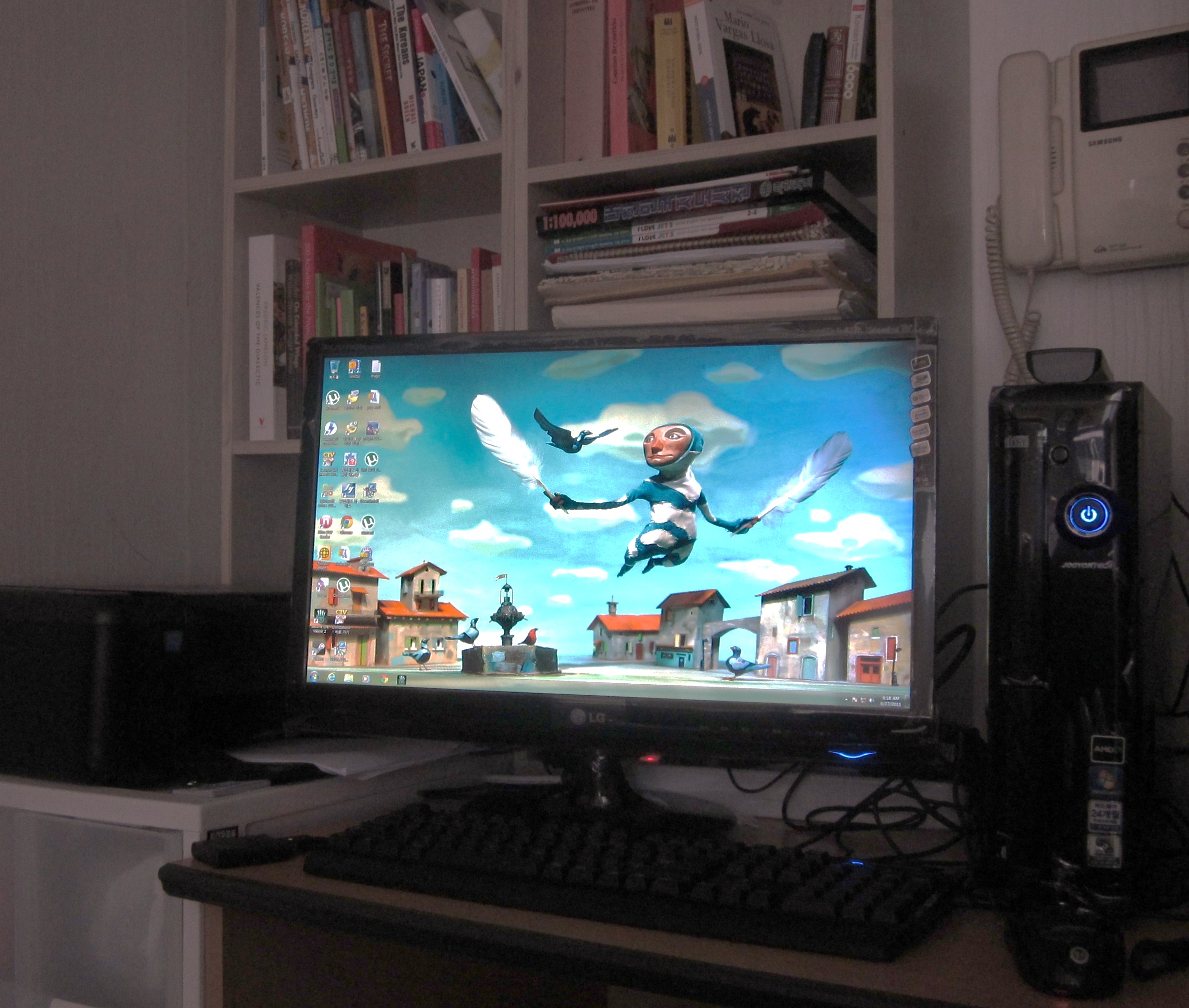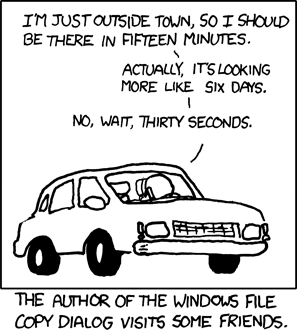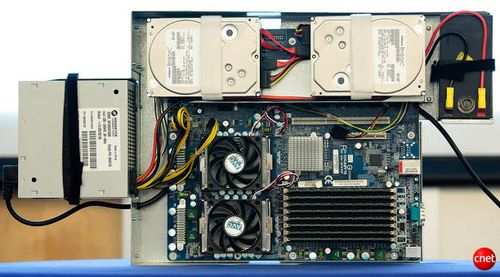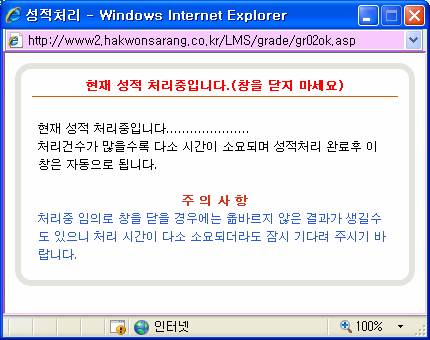I had this weird realization, over the weekend, as I did some little thing on my computer, that I have been hacking around with HTML for more than 20 years, now. I was first exposed to HTML in maybe 1994, when I was taking grad-level courses at the University of Minnesota in preparation for my formal application to grad school, and was messing around on the U of M's intranet, which was in its infancy but was well ahead of the technology adoption curve, since the WWW was only about 3 years old at that point – note that the U of M was one of the innovators in the WWW realm, having been the original home of "gopher," a hyperlinked, markup-driven proto-internet that was one of the coneptual predecessors to Tim Berners-Lee's creation of the WWW at CERN in 1991).
Less than 2 years later, as a grad student at the University of Pennsylvania, I "published" my first web page – several webpages, actually, a simple website that provided me with a means to communicate homework assignments and ideas with my students (I was a TA, teaching lower-level Spanish language classes). My website included a little compilation of interesting bits of Spanish language culture such as could be found online in that early period of the internet, and when I was no longer teaching, I moved the site over to a geocities site where it lasted a year or two more, but it eventually died (along with geocities, of course).
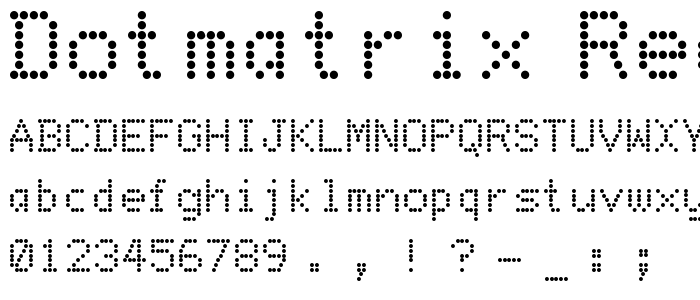 HTML (hyper-text markup language) was not that hard for me pick up. I was already familiar with the concept of "markup," since even in 1995 I had already been dealing with some other types of markup for almost two decades.
HTML (hyper-text markup language) was not that hard for me pick up. I was already familiar with the concept of "markup," since even in 1995 I had already been dealing with some other types of markup for almost two decades.
I was exposed to the concept of "markup" in middle school in the late 1970's, thanks to my computer-literate uncle, who had an Apple II that he'd kludged together with an IBM Selectric typewriter (well, not brand-name, I think it was a Japanese clone of an IBM Selectric). This unholy marriage allowed him to produce letter-quality printer output in what was still a predominantly low-resolution, dot-matrix age (picture at right, for those too young to remember). I wrote my middle-school English essays (and later high school essays) using this arrangement. To send the unformatted text files to this printer required the use a fairly arcane set of markup commands (possibly these commands were ancestral to what later became LaTeX? I'm not sure).
Later, as an undergraduate in 1983-1985, I had a work-study job in the department of Mathematics, and they discovered my mastery of the principles of markup and they made use of me for some departmentally published mathematics textbooks – even today, mathematical printing requires a great deal of markup to come out looking good – just look at the "source" view, sometime, on a math-intensive wikipedia page.
So, as I said, markup was already an "old" concept to me when I met HTML in grad school. And HTML is a conceptually quite simple implementation of markup principles.
20 years later, I've realized that despite all my shifts in profession and location and lifestyle, not a week has gone by, probably, when I haven't hacked a bit of HTML. Of course, having this blog exposes me to opportunities – but most people with blogs avoid the markup, sticking to the user-friendly tools provided by blog-hosts. I, however, somehow manage to decide to do some HTML tweak or another with nearly every blog post. Ever since I started keeping a separate work-blog to communicate with students, I have made even greater use of my HTML hacking skills, since it allows me a convenient way to bypass the Korean-language user interface on the naver.com blog-publishing website.
So … enjoy the fruits of markup – happy web surfing.
[daily log: walking, 6km]

